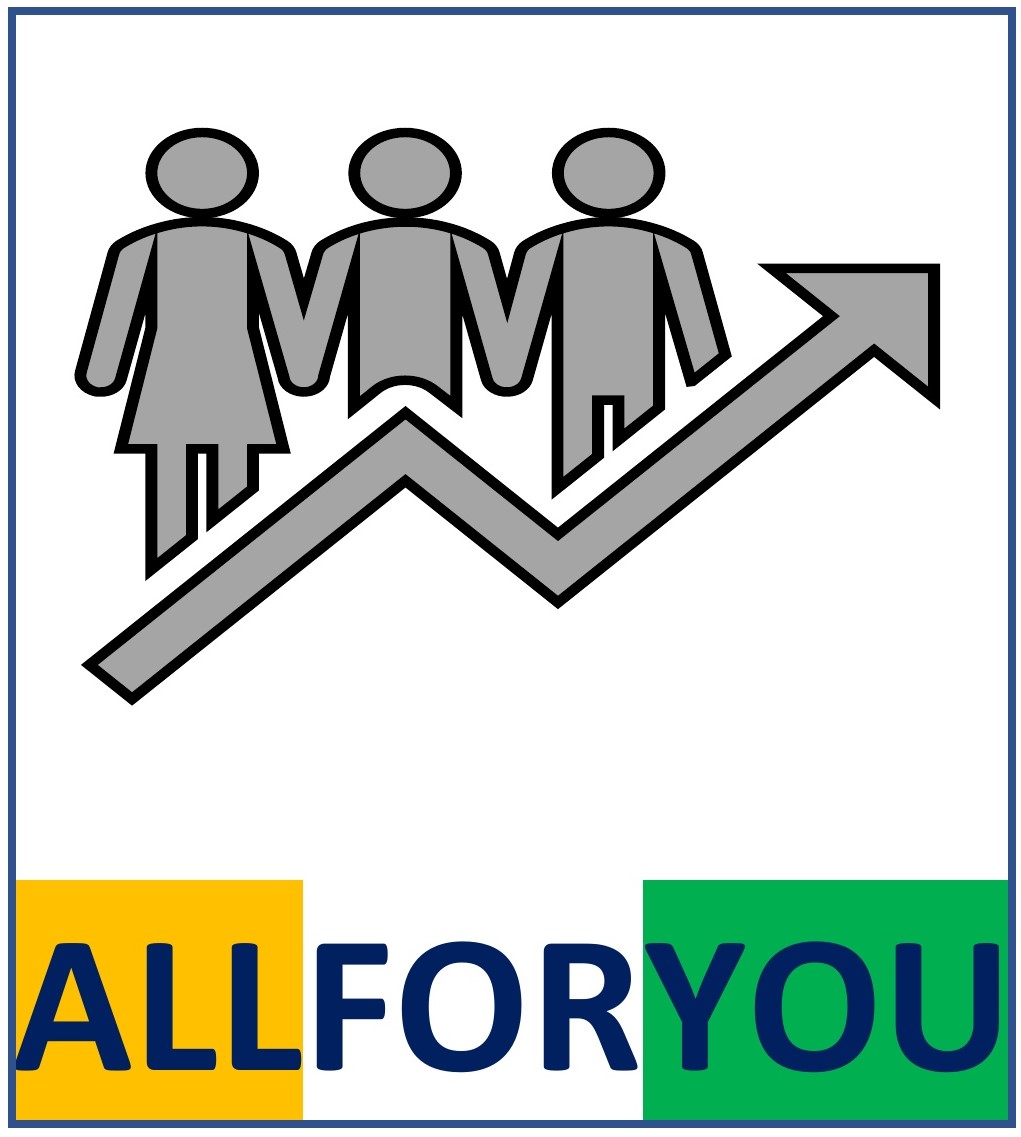Social Inequality | What is Inequality | What is Social Inequality
Social inequality is a fundamental concept in sociology, encompassing the unequal distribution of power, wealth, prestige, and opportunities in society. This unequal distribution results in disparities among individuals, groups, and society as a whole. One striking example of social inequality is the caste system, which is a distinct feature of Indian society, leading to ongoing discrimination based on caste.
What is inequality?

At its core, social inequality pertains to disparities in power, wealth, prestige, and opportunities, often rooted in factors such as religion, caste, class, race, property, gender, and social position. It gives rise to two distinctive categories:
Haves ( What is Ahere and Nahere )
These are individuals or groups who possess abundant wealth and resources, often far more than they actually require.
“Have-Nots ( What is Nahere )
On the other end of the spectrum are the “Have-Nots.” These are individuals or groups within society who lack even the most basic necessities, relying on their labor for survival and having little to no access to wealth or resources
In formal terms, social inequality can be defined as the unequal distribution of privileges, material rewards, opportunities, power, prestige, and influence among individuals or groups in society.
Social inequality defined
Tischler, Whitton, and Hunter provide valuable insights into this aspect. They highlight that social inequality can evolve into social stratification, becoming an integral part of the social structure. The stratification system, once established, is maintained and perpetuated by various social institutions within society.
Social positions and status
This system creates individuals and groups with distinct social positions and status. These positions can be acquired in two fundamental ways:
Ascribed Status
This status is assigned to individuals by birth and is often associated with factors such as caste, race, or gender.
Achieved Status
Achieved status is something individuals acquire through their own efforts, such as education, employment, and personal accomplishments.
Rewards for role performance
Rewards play a critical role in reinforcing inequality. Individuals receive rewards for their effective performance of various roles and responsibilities within society. These rewards can take the form of financial compensation (like salaries), material possessions (such as homes, cars, or electronics), or intangible benefits such as self-respect, prestige, and power. Importantly, these rewards are not distributed equally across society, contributing to the persistence of social inequality.
जर आपण मराठी मध्ये वाचण्यास इच्छुक असल्यास पुढील लिंकवर जा– असमानता | विषमता | Social Inequality | Asamanata
